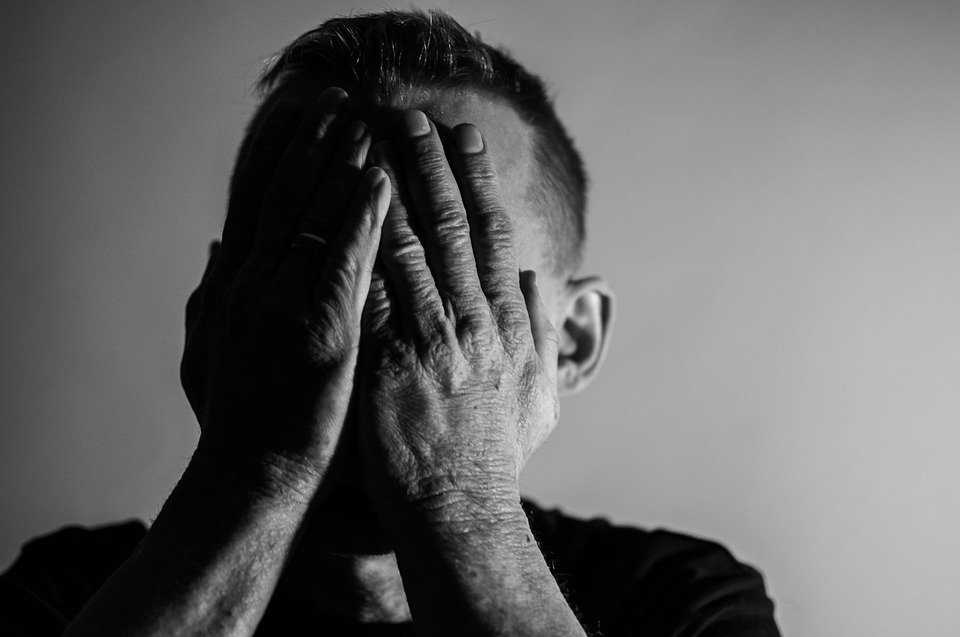People that go through life-altering trauma often feel like they have regressed in time, the world seems to them as having lapsed into the future while they were making sense of their own reality, even on their good days they feel like they’re lagging behind in everything they do.
It takes the additional effort to get the most basic of tasks accomplished and every day, in general, becomes a palpitating grind for them

In trauma and stress-related disorders, the existence of trauma becomes a major diagnostic measure, so naturally, the type of trauma one went through during their life is explicitly important for analyzing their mental illness. There are multiple trauma and stress-related disorders such as:-
- Attachment Disorder,
- Disinhibited Social Engagement Disorder,
- Posttraumatic Stress Disorder (PTSD),
- Acute Stress Disorder
- And Adjustment Disorder
We shall be exploring the symptomology and diagnostic criteria of PTSD in detail.
Post-traumatic stress disorder or PTSD
- PTSD is not limited to those individuals who have directly experienced a traumatic event, any person who has experienced trauma second-handedly by witnessing it happen to someone else, or being regularly exposed to stressful and mind-altering situations can be suffering from PTSD.
- Often persons with PTSD develop absolute negative feelings and thoughts about anything and everything; they feel that nothing is ever going to be all right or that the world is a cruel place or that everyone has gotten sick of me.
- They get flashbacks of the traumatic events and oftentimes dissociate themselves from reality and keep reliving the same events over and over again, and thus aggravating their own pain
- Persistent avoidance of any stimuli- like conversations, people, places, activities- that may trigger their memories of those events is another behavioural aspect in persons struggling with PTSD. In fact, sometimes the triggers catch patients off-guard; something that was not even directly related to their trauma could serve as a trigger for them so they are almost as much in the dark as the people around them
- Raging outbursts and irritable behaviour with little or no provocation is also one the prominent physical manifestations of patients with PTSD
- Recurrent nightmares, persistent disturbance in the sleeping pattern like not being able to sleep or having trouble staying asleep, all anxiety based reactions such as palpitations, profuse perspiration, shot up heart rate, feeling of suffocation or shortness of breath, fear of death or decay in their own body (in case someone’s body was physically altered post the traumatic experience) are other symptoms of PTSD

Factually speaking, women are more prone to PTSD than men, a lot of which has to do with the fact that even in today’s world women are subject to holistically traumatic events like Rape, assault, molestation, domestic violence, marital rape, acid attacks, and whatnot, in significantly larger proportions than men are. The cultural confinement and harassment of women also play a part in their vulnerability to PTSD.

Dos and Don’ts
- Empathize with people who have PTSD and try to imagine yourself in their place instead of pitying them
- Do not dismiss their pain even though it may not make sense to you or you might feel indifferent to it always acknowledge their struggle
- Educate yourself on the struggles of PTSD do not expect them to educate you; it is not their responsibility
- Do not assume that they need to talk, always ask first, and never pester them with unnecessary questions about their experience. HAVE THE DECENCY TO ASK.
- Offer to go with them to see a therapist if they find it hard to go alone.
- Do not be distant yet respect their need for space, always support and encourage them for achievements that might seem little to you (like even getting out of bed sometimes)
- Do not make them feel guilty about their emotions, they already do enough of that for themselves
- Do not tell them to get over their trauma or act ‘normal’ because it has been ‘long enough’. Your expectations of them are not their responsibility, every person has their own pace and not all of us have the privilege of having a normal life.
Also Read: Alice in Wonderland Syndrome- A Rare and Real Mental Health Condition












